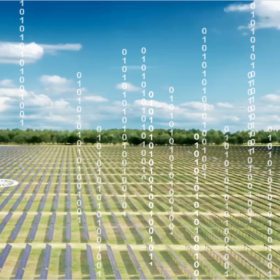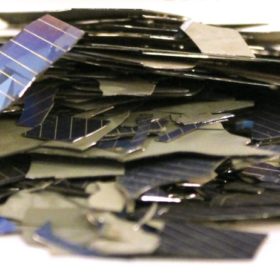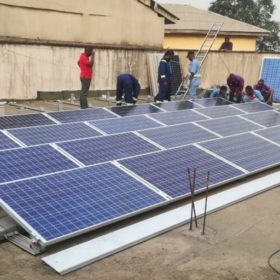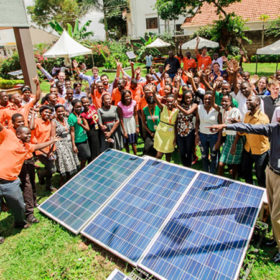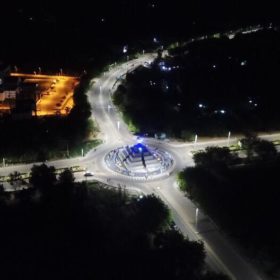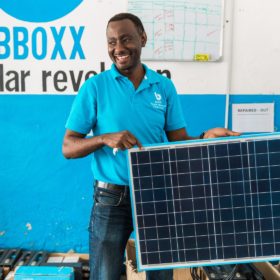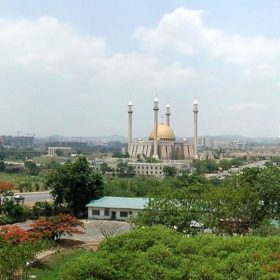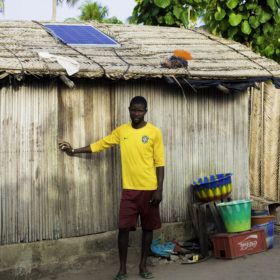Code-based modeling for PV of the future
A British-Nigerian team of researchers claims to have developed a code-based approach for solar modeling and simulation which could facilitate better decisions in PV tech research. The model can reportedly be applied to the study of solar thermodynamics, cell material characteristics, PV system design and power monitoring potential.
Italian PV panels sent for recycling were instead smuggled to Syria and Africa
Illegally re-badged panels were sold on to Senegal, Burkina Faso, Nigeria, Morocco, Mauritania, Turkey and even Syria. Italian authorities found 60 tons of panels which will be examined.
Nigeria to install new PV mini-grids as domestic off-grid sector surges
Developer PowerGen has installed a new mini-grid in the country and plans to develop nine more projects with the support of the World Bank.
PowerGen closes funding for electricity access for a million people
The microgrid utility has raised enough capital from Shell New Energies to deploy systems across sub-Saharan Africa.
World Bank: Nigeria’s mini-grid sector set to boom
A World Bank presentation in London drew an encouraging picture for the Nigerian market by explaining why the mini grid segment will take off in the next 12 months.
Sahel regional leaders give new push for 10 GW Desert to Power initiative
The African Development Bank last year disclosed a plan to install 10 GW of solar in the deserts of the Sahel. A recent summit held in Burkina Faso may have brought the ambitious project a step closer.
The rise and rise of Bboxx: Off-grid solar supplier lands another $50m
The solar home system company, which enables customers to pay their solar electricity bill through an app on their mobile on a PAYG basis, has conducted a monumental funding round as it eyes expansion to become a fully-fledged pay-as-you-go utility.
Nigeria aims to lower solar electricity tariffs agreed three years ago
In July 2016 Nigeria signed power purchase agreements with 14 utility scale PV projects with a total generation capacity of 1,075 MW. None of the projects has reached financial close and pv magazine has learned the government wants to reduce the agreed tariffs.
Lumos CEO: ‘There is room for PV of all shapes and sizes in Africa’
pv magazine caught up with the chief exec of the pay-as-you-go solar home system provider to get his thoughts on the claim mini and microgrid business models don’t stack up and the suggestion government-driven utility scale solar should light the way in the sub-Saharan marketplace.
Nigeria taps mini-grids to power universities
Four Nigerian universities are in the final stages of abandoning the country’s main grid to be fully powered by mini-grids. Nigeria aims to use more mini-grid technology to power its people by tapping a $550 million World Bank loan.
